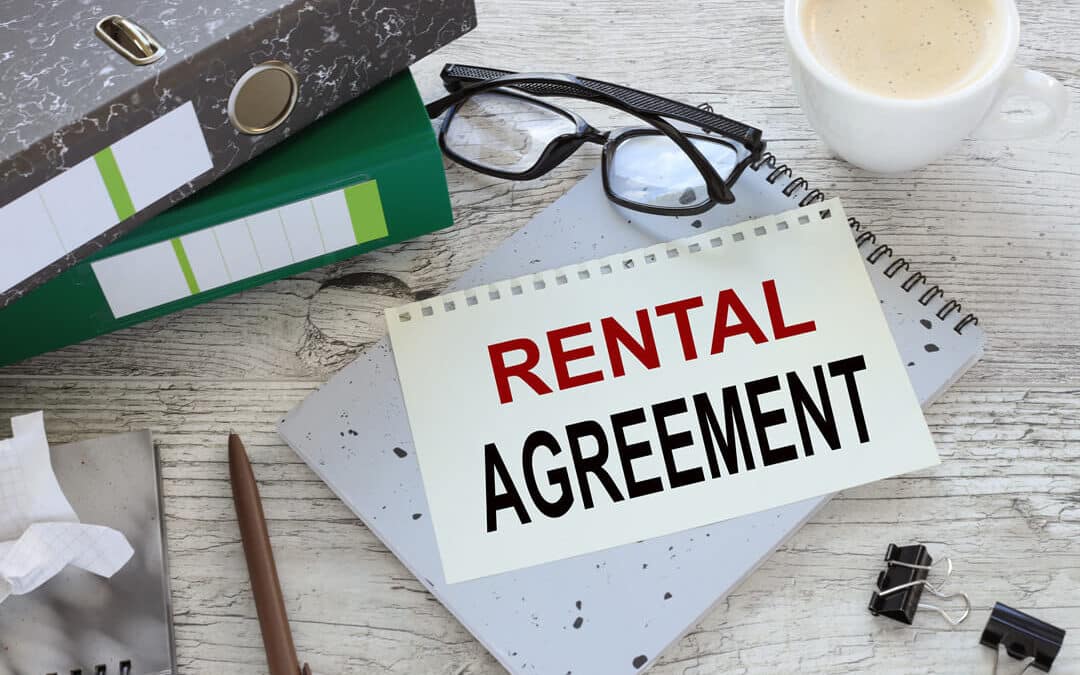With today’s economic uncertainty, many people are thinking about filing for bankruptcy to improve their financial situation.For apartment renters, a big question comes up: How could filing bankruptcy affect your rental agreement? This article will examine how bankruptcy affects rental contracts, highlighting the safeguards available and distinguishing between Chapter 7 and Chapter 13 bankruptcies.
Understanding Bankruptcy and Its Types
Bankruptcy is a legal process intended to help individuals or businesses struggling to fulfill their financial responsibilities.It lets them restructure or get rid of debts, giving them a chance to have a financial fresh start. There are two main kinds of personal bankruptcy:
Chapter 7 Bankruptcy
Chapter 7 bankruptcy, also known as liquidation bankruptcy, sometimes involves selling a debtor’s non-exempt assets to pay back creditors. The process is fast-paced, with the aim of wiping out most unsecured debts, such as credit card debt and medical bills, at no extra cost to the debtor.
Chapter 13 Bankruptcy
Chapter 13 bankruptcy is a restructuring bankruptcy that lets debtors create a court-approved plan to repay their debts over three to five years. This choice works well for people who want to keep their possessions, including their homes and rental contracts while making affordable monthly payments.
The Automatic Stay: A Key Protection
One of the most significant protections offered during bankruptcy is the automatic stay. This legal provision halts all collection activities by creditors as soon as the bankruptcy petition gets filed. In most circumstances, the automatic stay remains in effect throughout the bankruptcy process.
The automatic stay prevents landlords from starting eviction proceedings based on past-due rent. However, it’s important to note that if the landlord got a judgment of eviction before you filed for bankruptcy, the automatic stay may not apply. Additionally, the landlord can file a motion to lift the stay, which, if granted, would allow them to proceed with eviction.
How Bankruptcy Affects Rental Agreements
Current Rent Payments
Your lease stays the same if you are up-to-date with your rent when you file for bankruptcy. You can keep living in your apartment as long as you pay on time. Remember to keep paying your rent to avoid any issues.
Behind on Rent Payments
The situation becomes more complex if you are behind on rent when you file for bankruptcy. While the automatic stay could protect you from immediate eviction, you must still address the overdue rent.
How you catch up on rent depends on which bankruptcy chapter you file.
Chapter 7 Bankruptcy and Rental Agreements
Assumption or Rejection of Lease
In a Chapter 7 bankruptcy, you can either assume (continue) or reject (terminate) your lease. If you assume the lease, you must pay all past due rent and make your monthly rental payments on time. If you reject the lease, you’ll need to move out.
Implications of Rejection
Terminating your lease can give you quick freedom from money troubles, as the bankruptcy will wipe out any back rent you owe. But remember, you’ll need to find a new place to live fast, which might be tough.
Chapter 13 Bankruptcy and Rental Agreements
Catching Up on Rent
Chapter 13 bankruptcy allows for a more flexible approach to overdue rent. You can typically include past-due rent in your repayment plan to catch up within three to five years of your bankruptcy. This choice works well if you want to continue living in your apartment.
Ongoing Rent Obligations
Regardless of your past-due status, you must continue paying your current rent while in Chapter 13 bankruptcy. If you don’t, you might lose your lease and face eviction.
Communicating with Your Landlord
Notifying Your Landlord
Although the law doesn’t require you to tell your landlord about your bankruptcy, letting them know could help you if you’re struggling to pay rent on time. Being open about your situation might make it easier to work things out and keep things friendly with your landlord.
Lease Renewal Considerations
When it’s time to renew your lease, filing for bankruptcy might cause some issues. Landlords don’t have to give you a new lease just because you’ve filed for bankruptcy, but if you’ve been a good tenant and can show you have a steady income, you’ll have a better shot at getting your lease renewed.
Getting Help Filing for Bankruptcy
If you’re considering bankruptcy and are worried about its impact on your rental agreement, it’s a good idea to consult a legal expert. An experienced bankruptcy attorney can provide personalized advice, help you understand your rights and obligations, and guide you through the process to achieve the best possible outcome.
Brock and Stout’s bankruptcy attorneys will work hard to help you understand your options and protect your rights. Contact us today for a free consultation and let us help you take the first step towards financial freedom and peace of mind.

